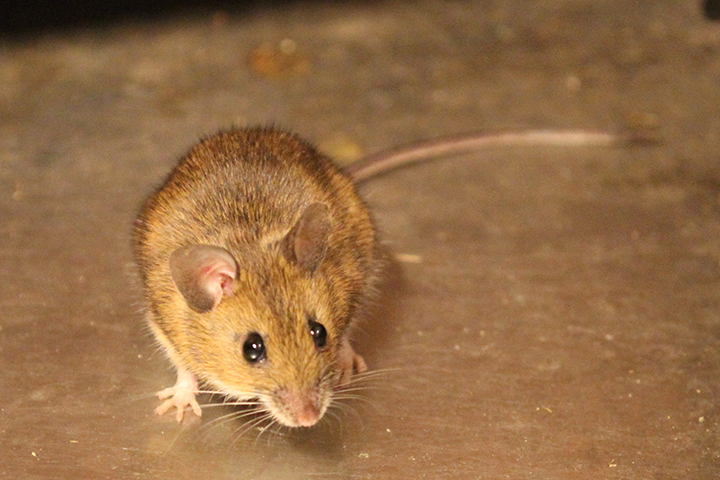As spring begins, Saskatchewan health officials are reminding people about the risk of hantavirus in areas potentially infested by rodents. People are most often exposed when cleaning up enclosed buildings, like garages, cottages, trailers, shed and grain bins, or vehicles and/or farm equipment after the winter.

Symptoms include fever, muscle aches, cough, headaches, nausea and vomiting. Some people can develop severe, life threatening symptoms. It usually takes one to six weeks from the time of exposure for symptoms to appear.
Health officials advise that anyone showing symptoms seek medical attention.
“You can get hantavirus by breathing in contaminated airborne particles from the droppings, urine and saliva of infected deer mice,” Saskatchewan’s deputy chief medical health officer Dr. Denise Werker said.
“Hantavirus can cause a rare, but often fatal lung illness known as hantavirus pulmonary syndrome.”
Since 1994, 31 people in Saskatchewan have contracted hantavirus pulmonary syndrome. Ten have died.
In order to avoid exposure, officials said to be aware of mouse dropping and nesting materials. They also encourage the following precautions when cleaning infected areas:
- Ventilate the building for at least 30 minutes by opening doors and windows;
- Use wet mopping methods and wear rubber or plastic gloves;
- Wear goggles and a well-fitting N-95 type filer mask when cleaning a confined space contaminated with mouse droppings;
- Use a bleach disinfectant to dampen areas contaminated with droppings, and remove with a damp cloth or mop;
- Steam clean, spray or shampoo upholstered furniture with a detergent disinfectant or use bleach and water;
- Wash potentially contaminated clothes and bedding with hot water; and
- Avoid dry cleaning methods, like vacuuming, dusting, sweeping or air hosing.
Ways to reduce potential rodent infestations include blocking openings that may allow them to enter buildings, storing all food, water and garbage in containers with tightly fitted lids and moving woodpiles or other potential hiding places away from homes.
For advice on symptoms, you can call the HealthLine at 811, or visit the HealthLine website.
- ‘She gets to be 10’: Ontario child’s heart donated to girl the same age
- Bird flu risk to humans an ‘enormous concern,’ WHO says. Here’s what to know
- Buzz kill? Gen Z less interested in coffee than older Canadians, survey shows
- Canada updating sperm donor screening criteria for men who have sex with men




Comments